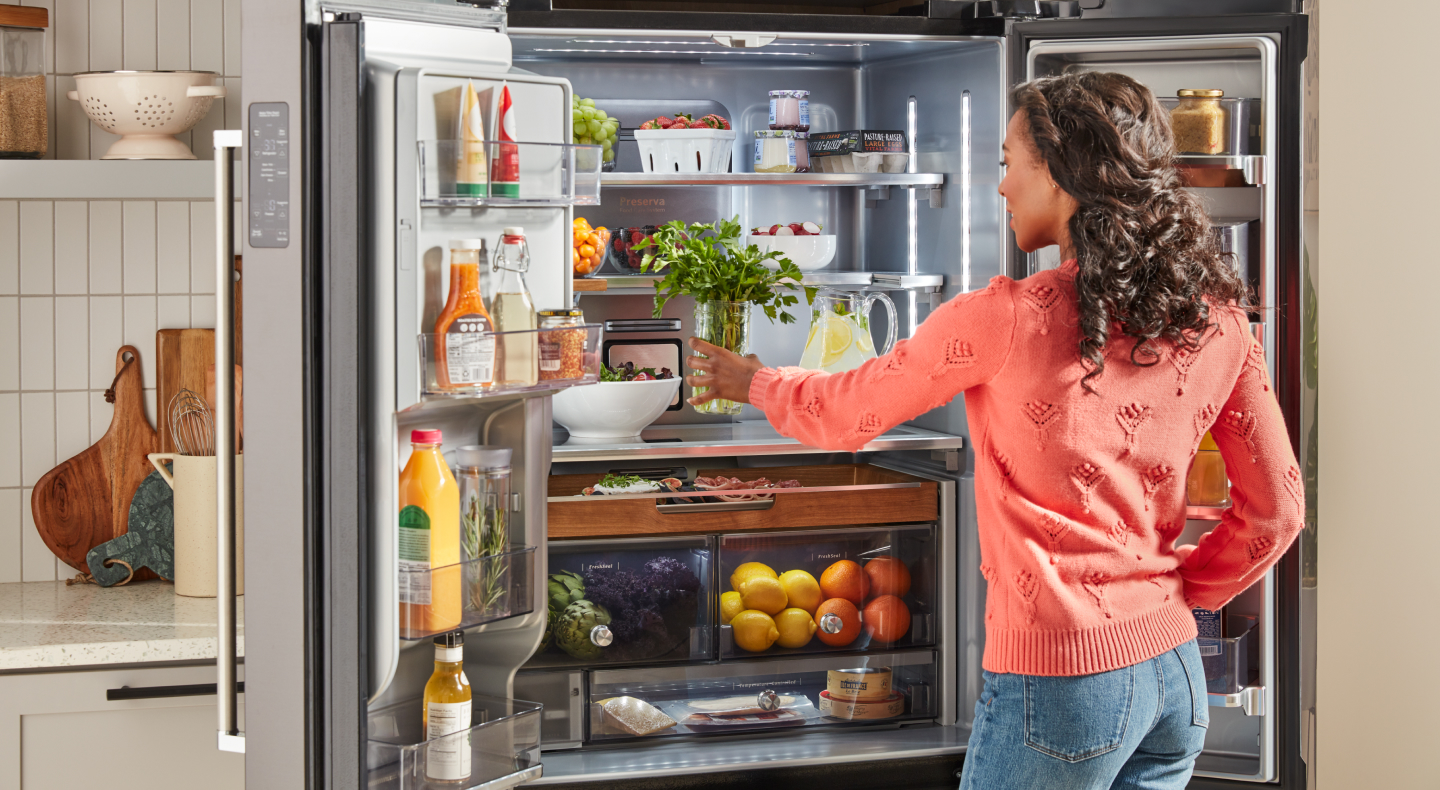
23 foods you should not refrigerate
Refrigeration is important for storing many foods, but in some cases, it is not necessary. Proper food storage is essential to maintaining quality and flavor. When you’re getting creative in the kitchen, whether you’re carefully mixing homemade tahini sauce or whipping up a fresh batch of ice cream, it’s important to learn the ins and outs of food storage to help keep your favorite ingredients fresh. Read on to learn about foods you should not refrigerate and tips for storing your kitchen essentials.
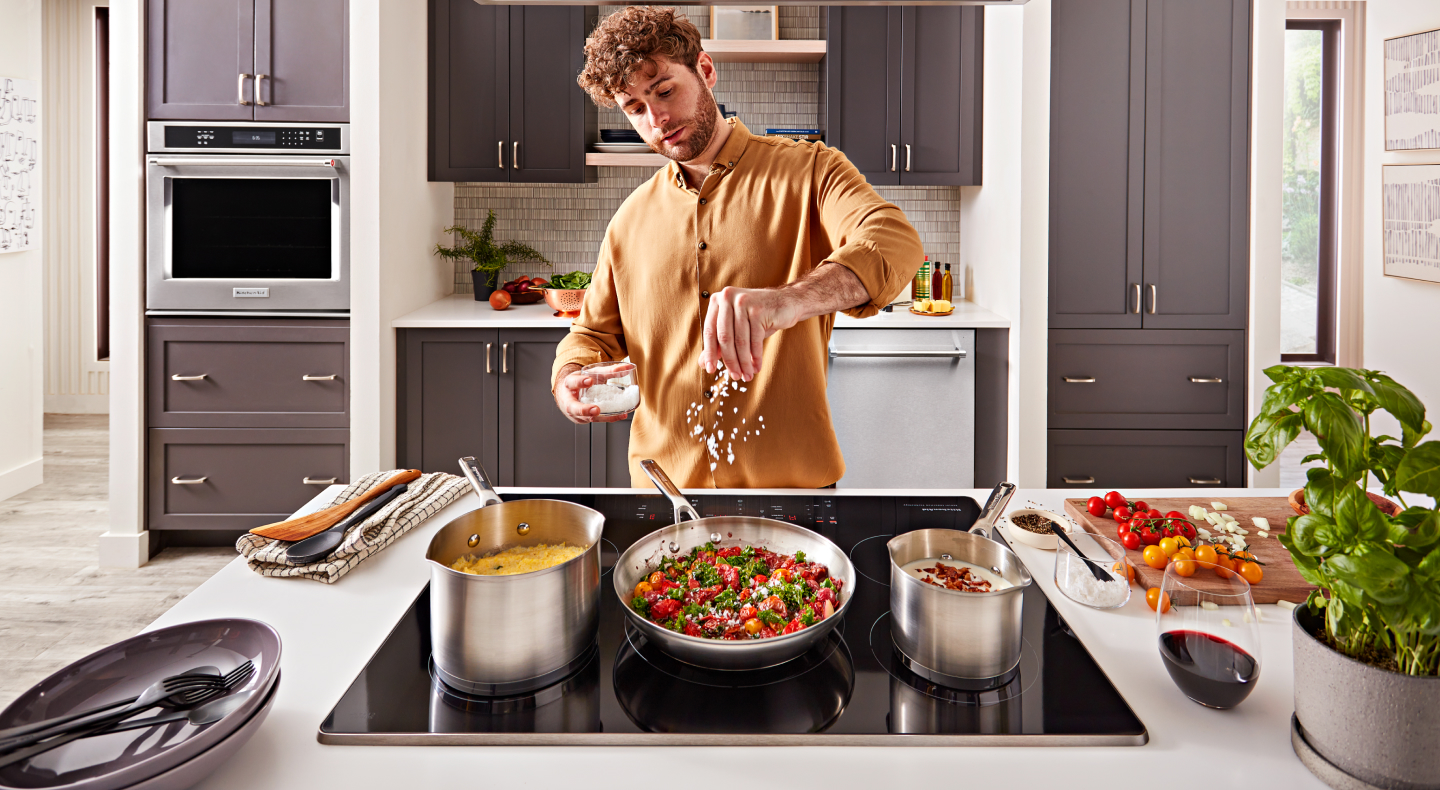

What foods should not be refrigerated?
To properly store food for meal preparation or maintain an organized fridge and pantry, it’s important to understand that refrigeration isn't always necessary. Some fruits, vegetables, condiments and ingredients are best kept elsewhere. Before storing any items, make sure to review the packaging instructions for guidance on whether they should be refrigerated or not.
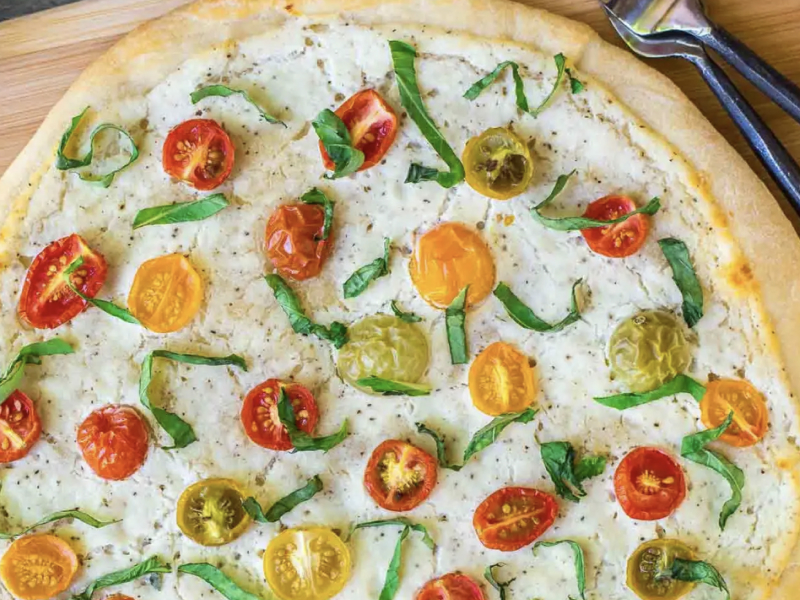
1. Tomatoes
Keep your tomatoes juicy, tasty and ready for your next Tomato and Ricotta Pizza by storing them at room temperature rather than in the fridge.
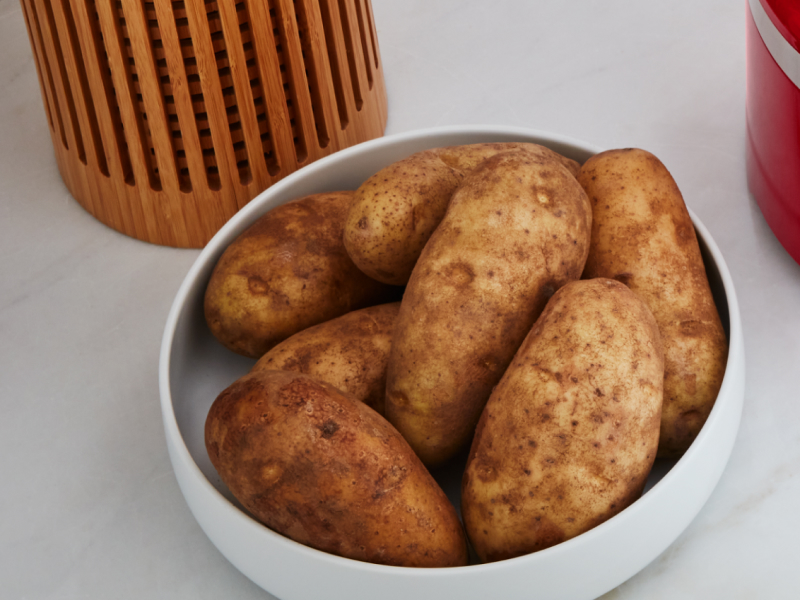
2. Potatoes
It's best to store potatoes in a paper bag at room temperature to preserve their texture and flavor. Refrigeration can make them gritty and overly sweet due to the moisture.

3. Onions
When exposed to excess moisture in the fridge, onions are prone to become moldy before you know it. Store onions in a cool and dry place, and keep them away from potatoes. Your onions will remain fresh and ready to use whenever you need them for recipes like this Caramelized Onion and Goat Cheese Tart.
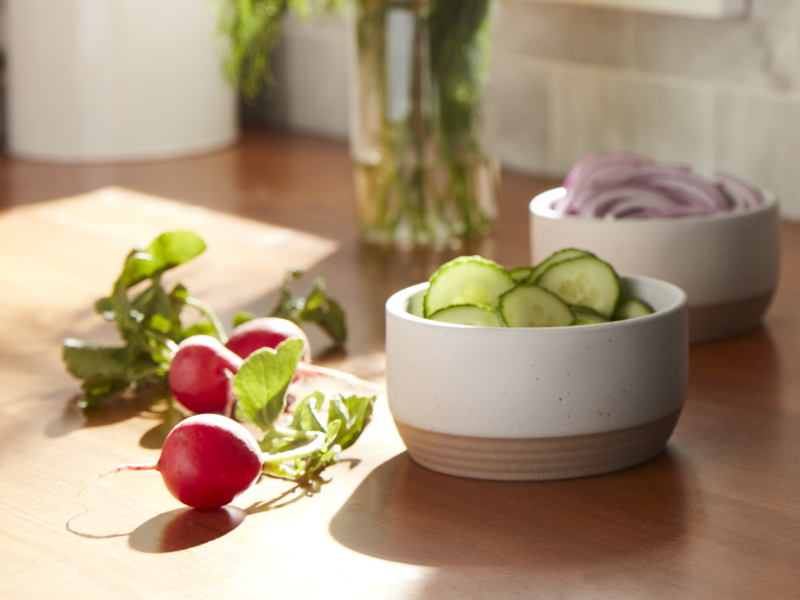
4. Pickles
One great thing about pickles is their preservation. They can be stored in the pantry, freeing up valuable fridge space. However, if you're using store-bought options, make sure to check the package instructions for any refrigeration requirements.
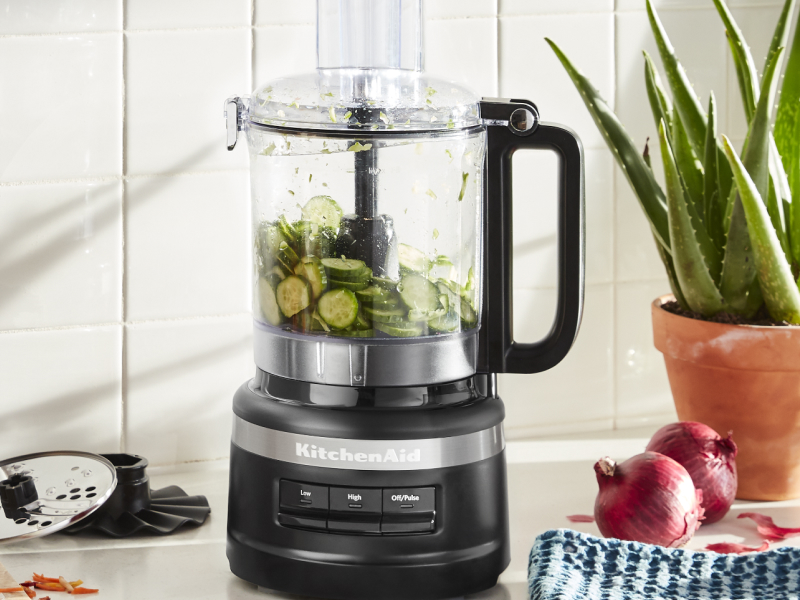
5. Cucumbers
For optimal preservation of cucumbers, avoid storing them in the fridge as this may cause them to become watery and develop pits. Instead, store them in an airtight container in your pantry or on the countertop.
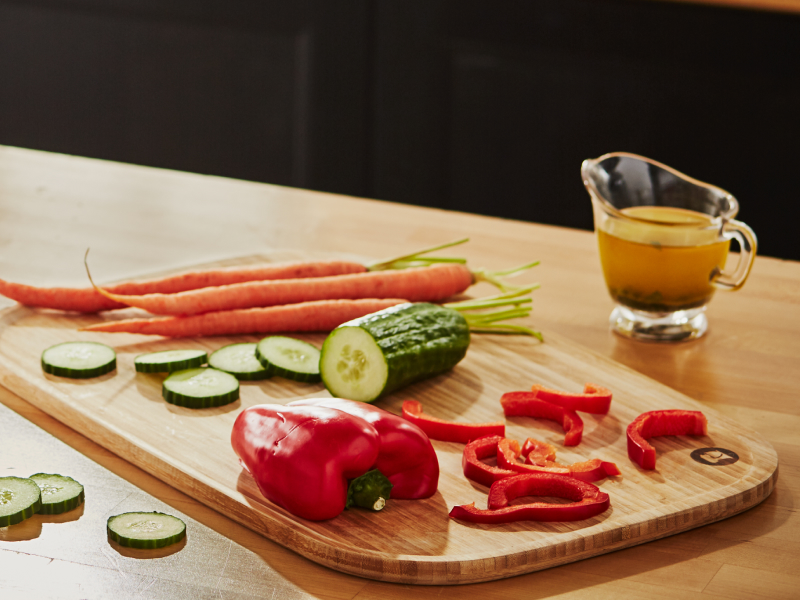
6. Bell peppers
For optimal crispness, bell peppers should be stored at room temperature. Keeping them in the fridge can make their exterior less crunchy.
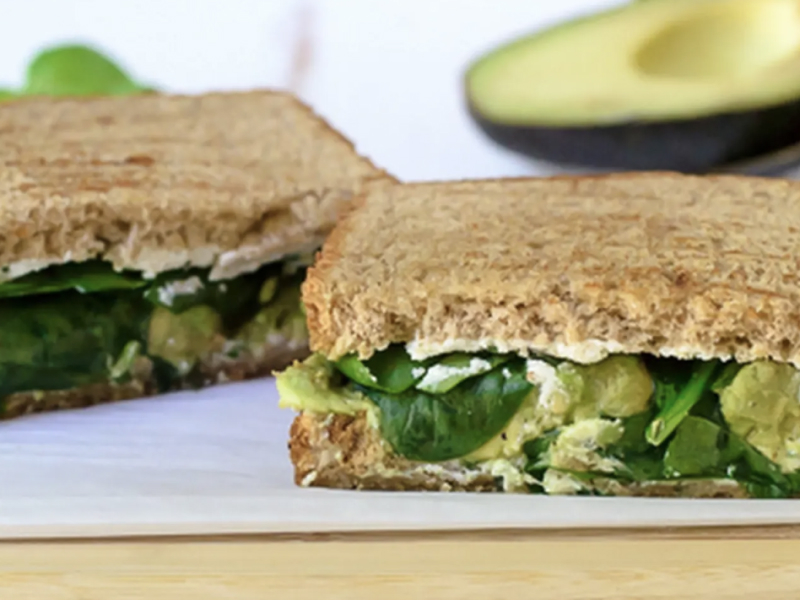
7. Avocados
Avocados are prone to ripening faster when stored at room temperature than in the fridge. Keep your avocados on the counter and at the ready for making things like delicious Avocado Grilled Cheese.
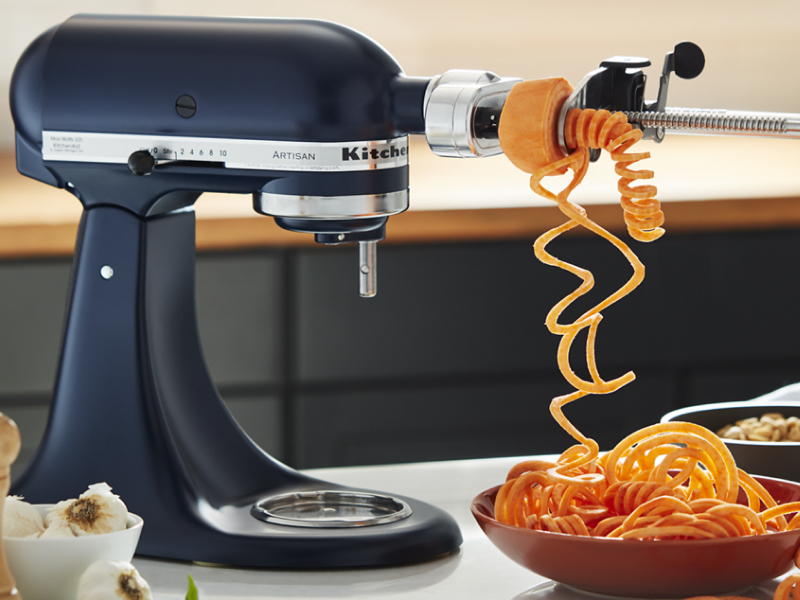
8. Winter squash
Store your winter squashes, such as butternut and acorn, in a cool, dry place and out of the refrigerator.
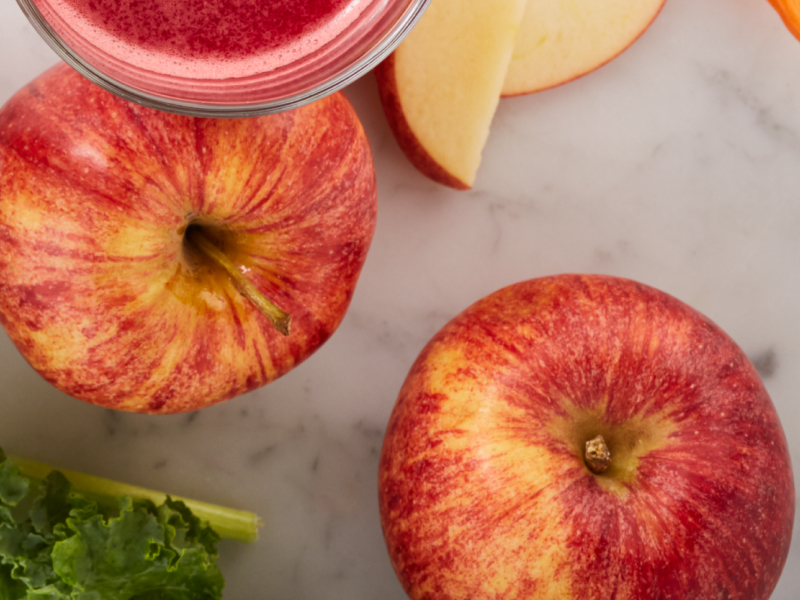
9. Apples
Apples can remain fresh and delicious for up to a week or two on the counter. After that, put them in the refrigerator to preserve their quality for a longer period.
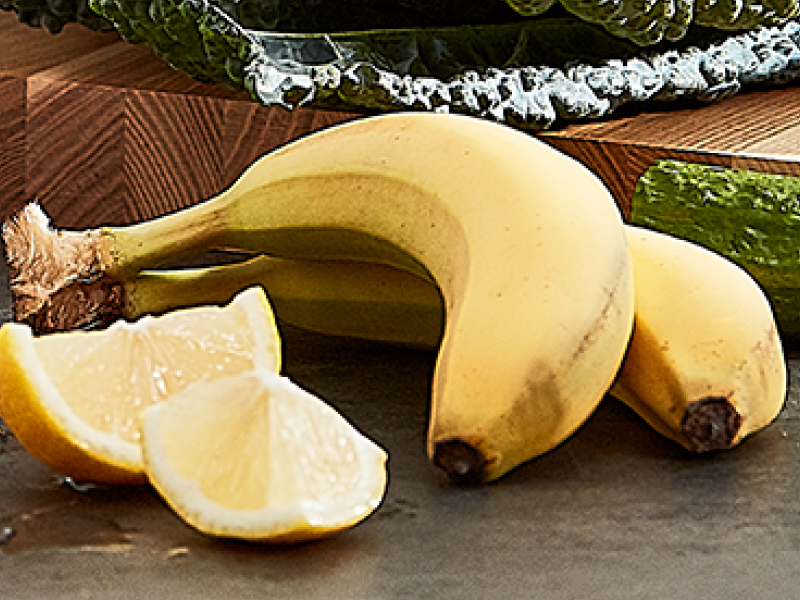
10. Bananas
If you want to keep your bananas fresh and avoid premature browning, store them appropriately. Your best options include an open countertop, a pantry or a dedicated banana hook.

11. Berries
To keep berries fresh for a longer time, it's best to store them at room temperature outside the fridge. Moisture build-up may damage the fruit, so it's recommended not to wash them until you're ready to consume. Not only does it help to maintain the ideal texture and flavor, but it also ensures you can enjoy them at their ripest peak. Try No-Bake Lemon Berry Cheesecake Bars with your fresh berries.
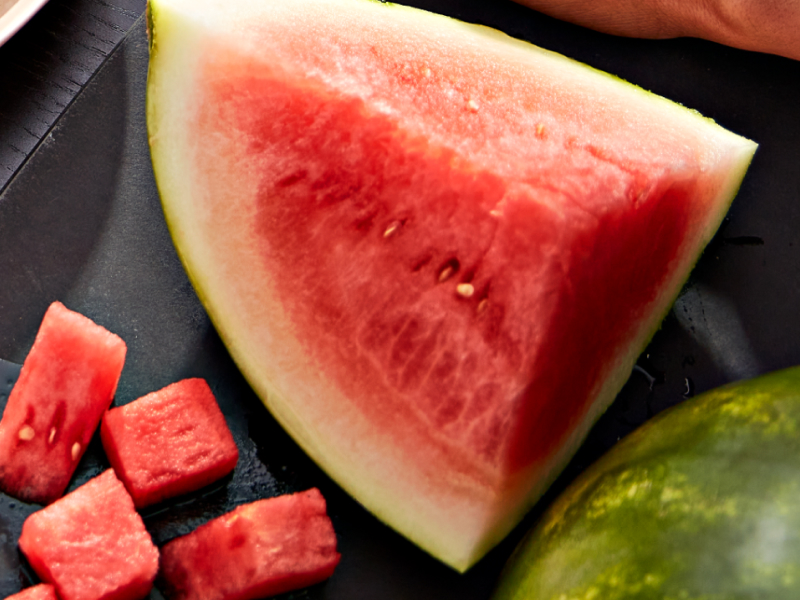
12. Melon
To keep your melons fresh, store whole melons outside the fridge until they're ripe. Once sliced, refrigerate the pieces to maintain optimal freshness.
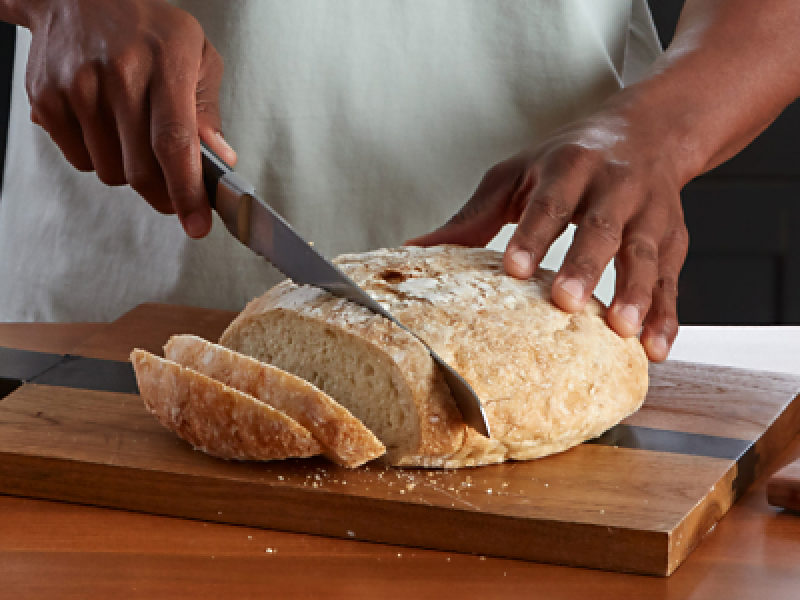
13. Bread
For fresh bread, don't refrigerate. Instead, leave it uncovered at room temperature as long as you are going to finish it by the end of the day. If not, you can store it in a bread box, a paper sack or you can freeze it. When ready to eat, toast to thaw, preserving moisture and flavor.
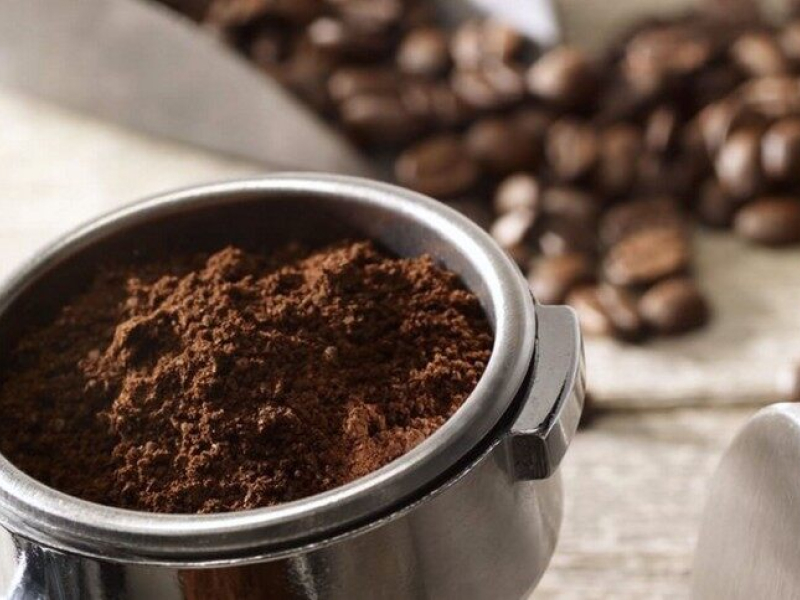
14. Coffee
For a delicious cup of coffee every time, don't refrigerate your grounds or beans. Instead, store them in a cool, dry area at room temperature in an airtight container. This will preserve the captivating aroma and flavor of your beloved brew.
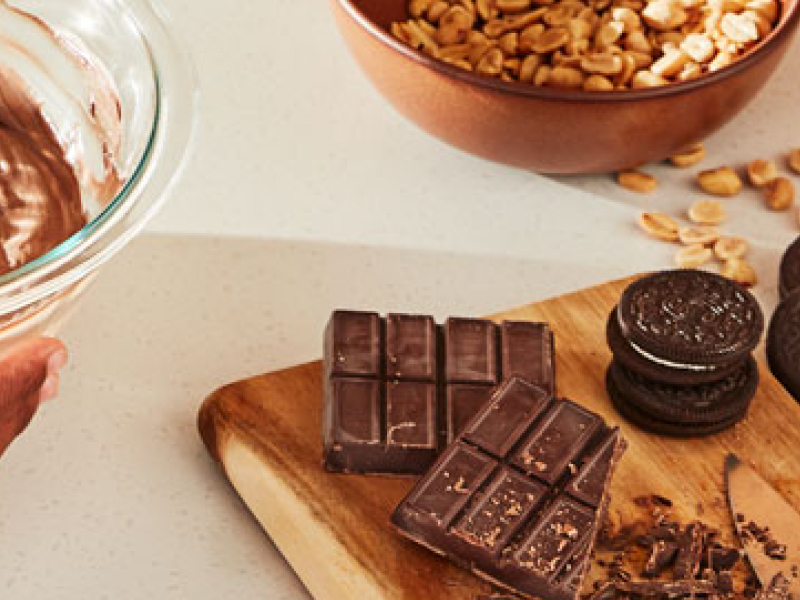
15. Chocolate
Avoid leaving chocolate in the fridge, as it can develop a grainy texture and lose its flavor over time. Instead, store it in a cool, dry place away from direct sunlight to maintain its rich, decadent taste.
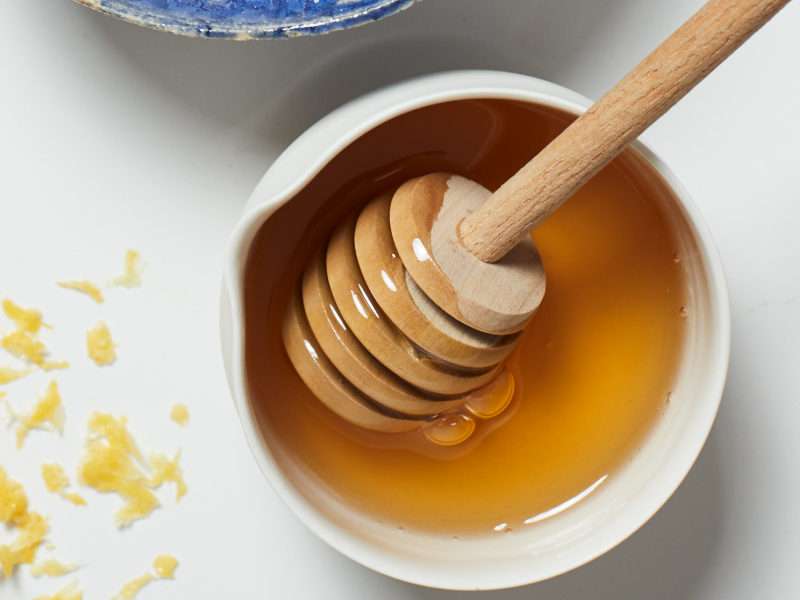
16. Honey
If you keep your honey in the fridge, it can turn hard and lumpy. To keep it smooth and gooey, leave it at room temperature.
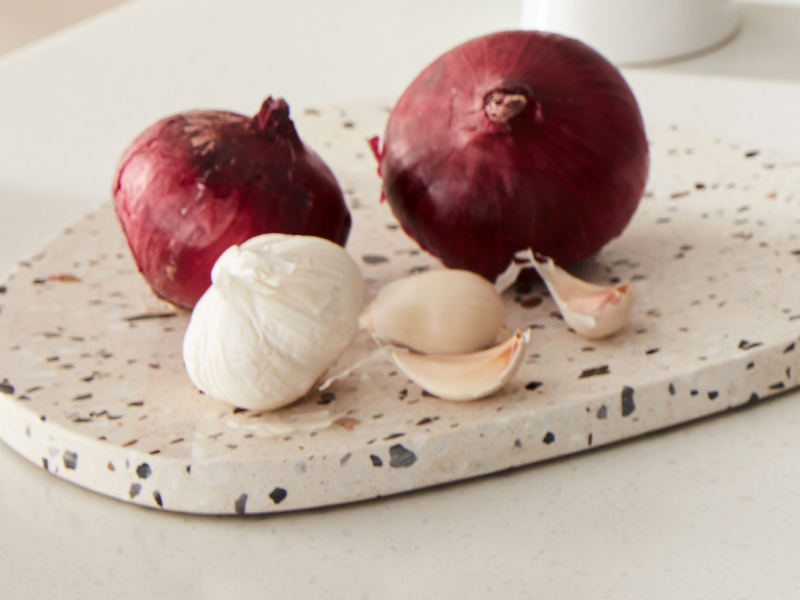
17. Garlic
To keep your garlic fresh, avoid refrigerating the bulbs, which can negatively affect their texture. Store them in a cool, dry area, like a pantry or cellar, separate from your cooking space, to achieve the best possible outcome.
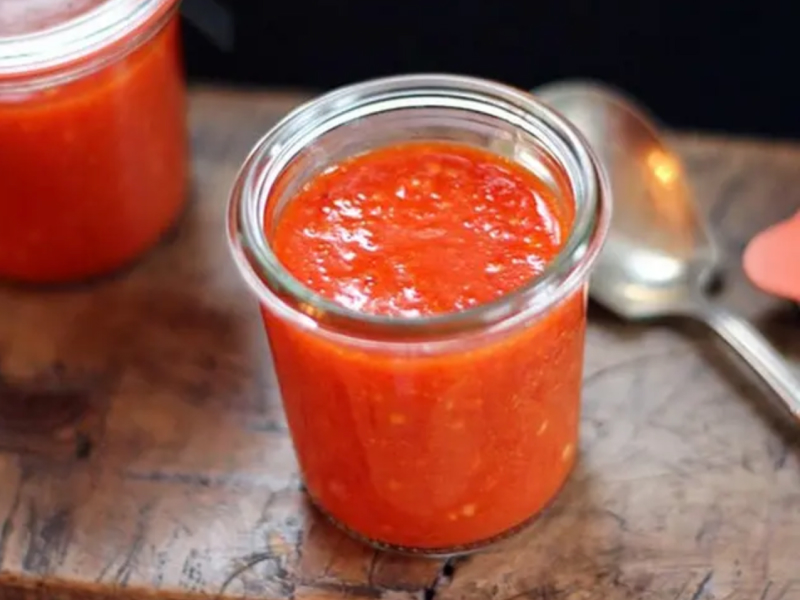
18. Hot sauce
To preserve the rich flavor and intense heat of your hot sauce, it is recommended to store it in the pantry unless otherwise specified on the label.
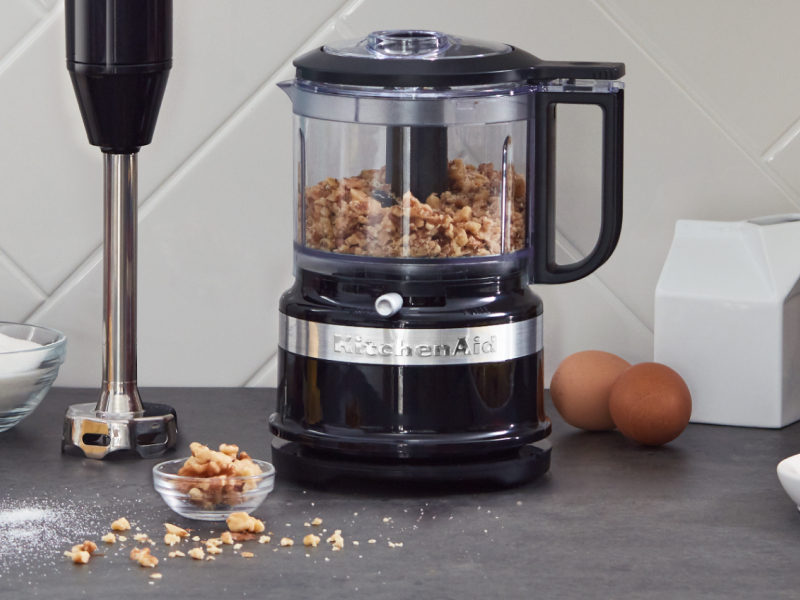
19. Nuts
Preserve the flavor of nuts such as cashews and almonds by storing them in an airtight container at room temperature instead of the refrigerator.
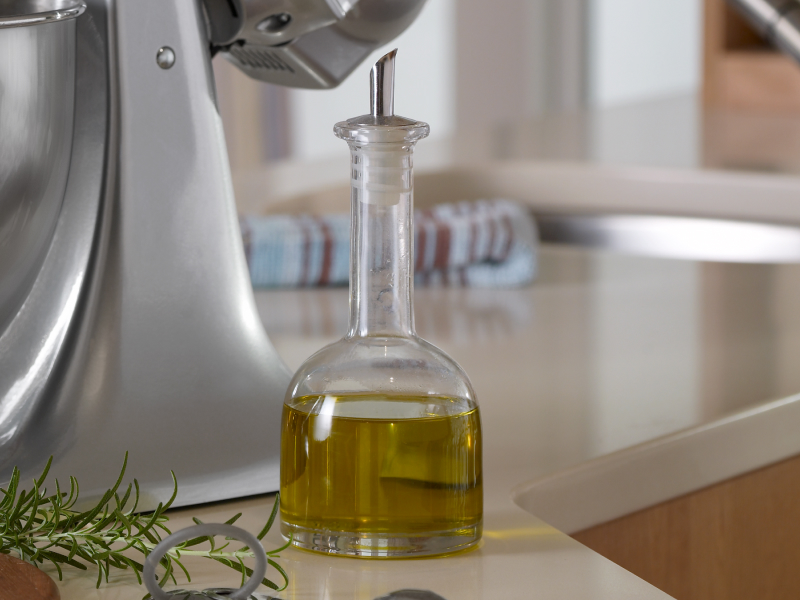
20. Olive oil
To prevent olive oil from solidifying in the refrigerator, it is advised to store it in a cool and dark area in your kitchen.
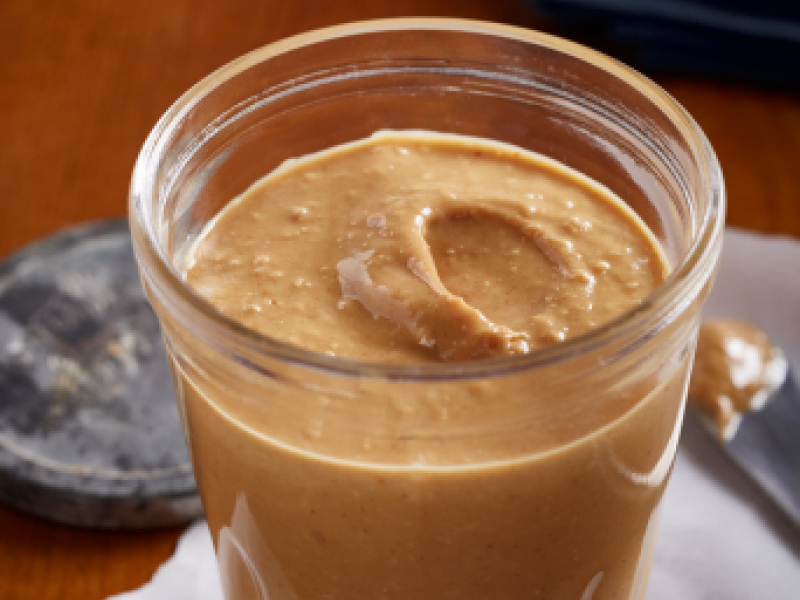
21. Peanut butter
Peanut butter maintains its spreadable consistency at room temperature for three months, after which refrigeration is recommended.
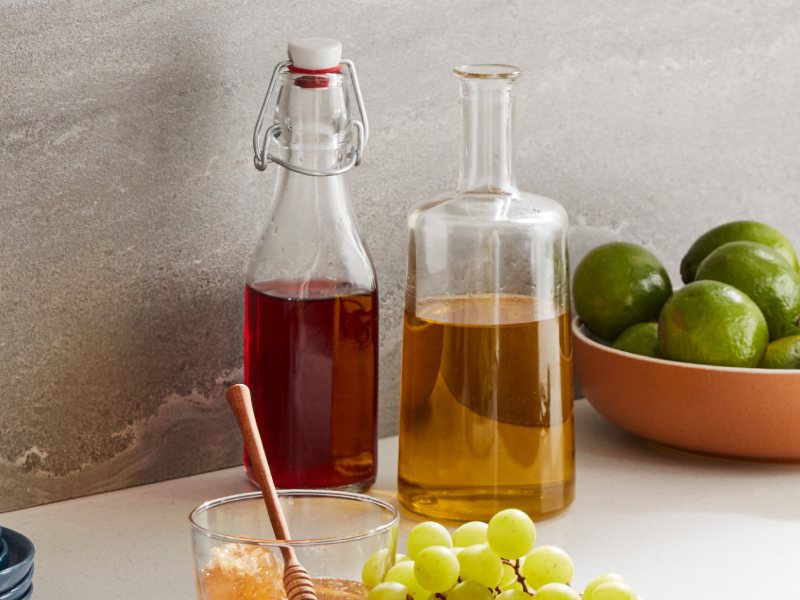
22. Vinegar
Vinegar's high acidity levels make it well-suited for storage at room temperature.
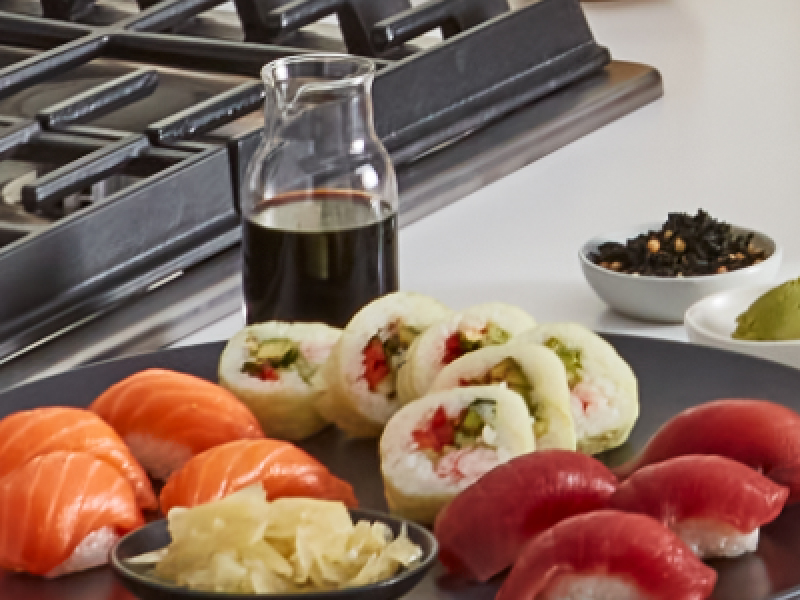
23. Soy sauce
Soy sauce can be stored in a cabinet for up to a year, thanks to its fermentation process. Be sure to follow the instructions on your package, as every product is unique.
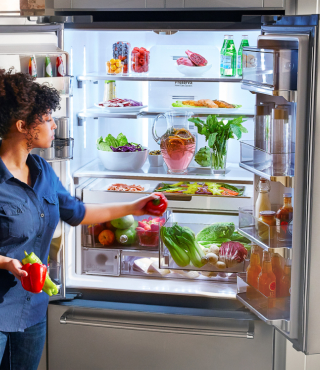
Find your next refrigerator

Compare refrigerator depths
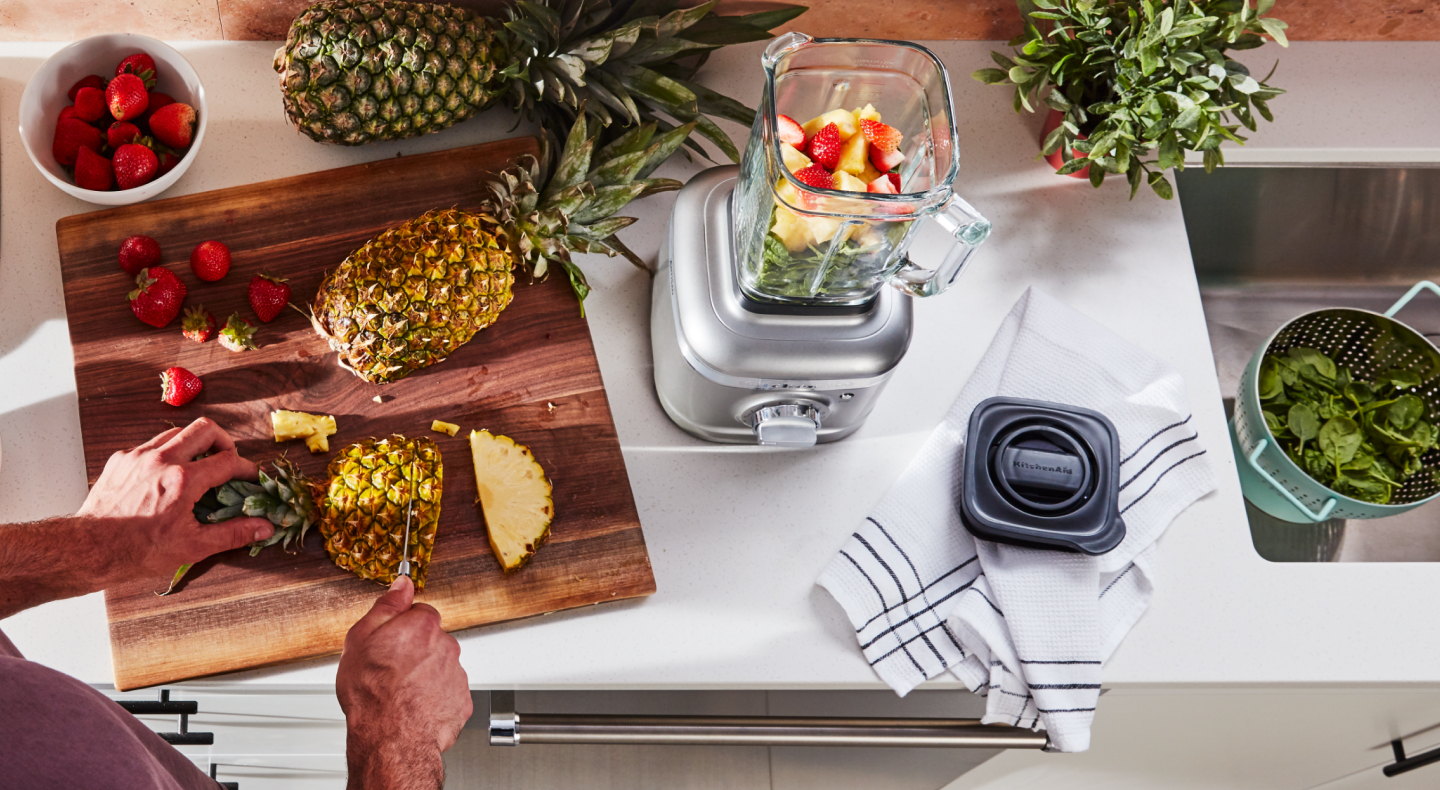
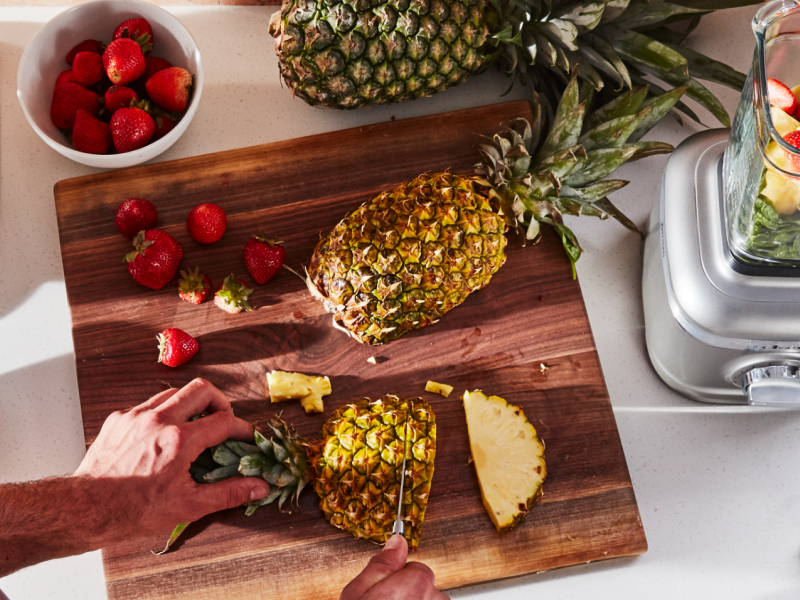
What fruits should not be refrigerated?
Fruits that should not be refrigerated include bananas, apples, melons, and berries. Keep in mind that many fruits will ripen more quickly when left at room temperature but will stay fresh longer if refrigerated once ripe.
Oranges and other citrus fruits often are best when refrigerated along with cherries, grapefruit, grapes and pineapple.
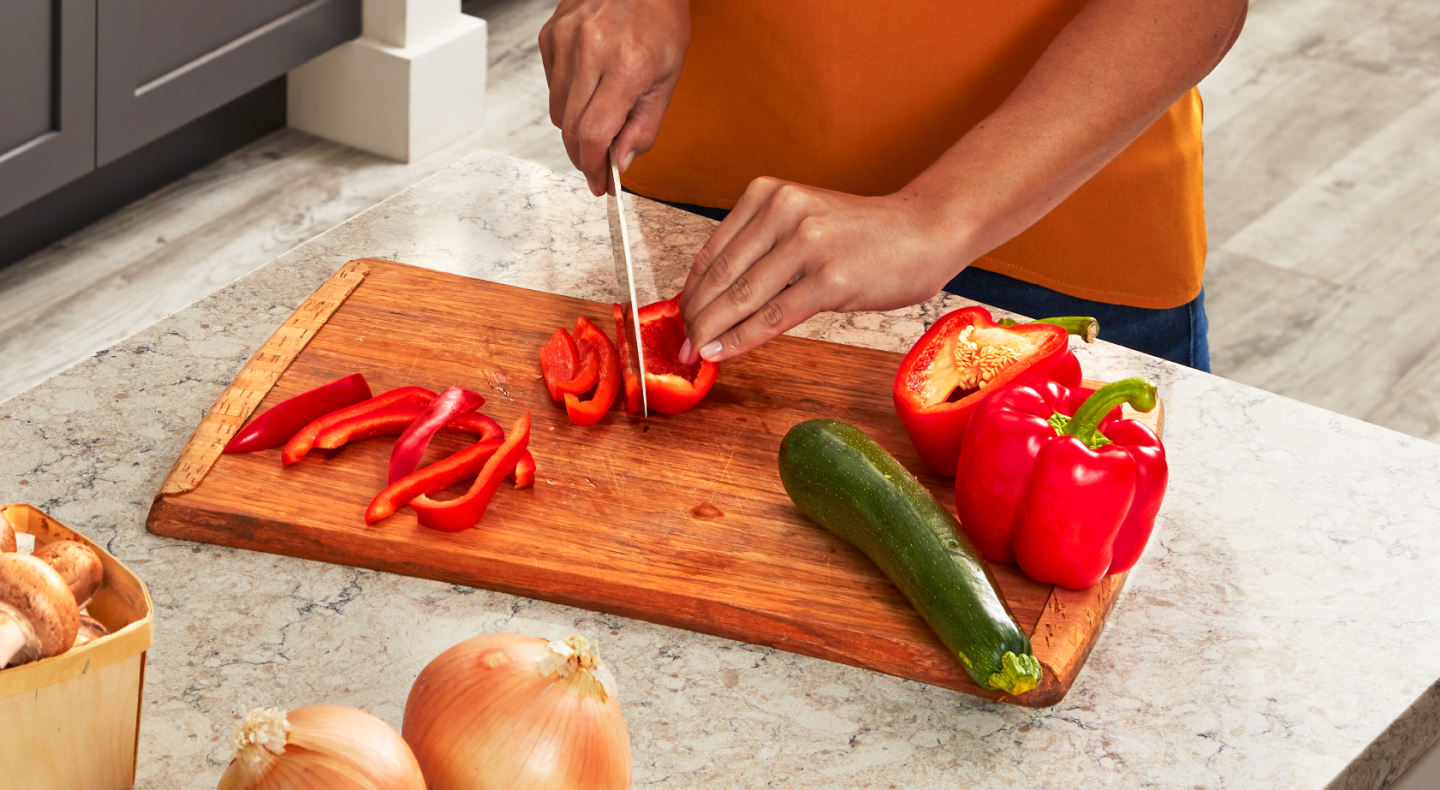
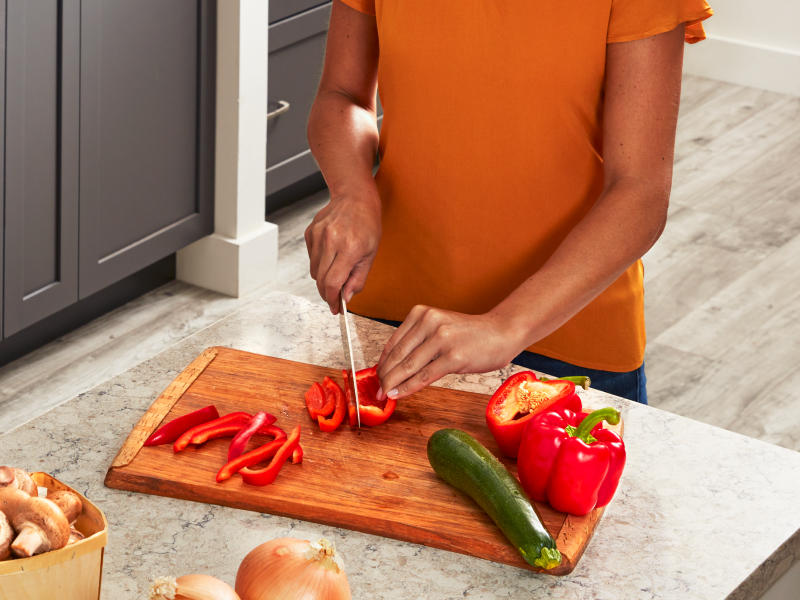
What vegetables should not be refrigerated?
Vegetables that should not be refrigerated include avocados, bell peppers, onions and potatoes. Some vegetables that you may want to refrigerate include mushrooms, broccoli, cauliflower, spinach and asparagus.
Food storage tips
Refrigerate or freeze your perishable items right away
Make sure your refrigerator and freezer are set to the right temperature
Always check the storage directions on your food labels
Use foods that are ready to eat as quickly as possible
Keep your refrigerator organized so you don’t lose track of expired items
Always keep foods covered in the refrigerator

KITCHENAID® REFRIGERATORS
Refrigerators that inspire your creativity
Shop built-in, freestanding and specialty KitchenAid® refrigerators with versatile features and high-end details crafted for your kitchen
Explore KitchenAid® refrigerators
When it comes to storing your favorite foods, KitchenAid® refrigerators have the features you need. Explore refrigerators with features like the Preserva® Food Care System which includes dual evaporators so your refrigerated food gets the high humidity needed to keep it fresher longer. This feature also keeps the air in the freezer cold and dry to minimize freezer burn.

KitchenAid® Hardware Accessory Kits
Curate the colors and textures that move you
From bold Black Ore to the inviting warmth of Bronze, mix and match handles and knobs to refresh your appliances and bring new energy to your kitchen
